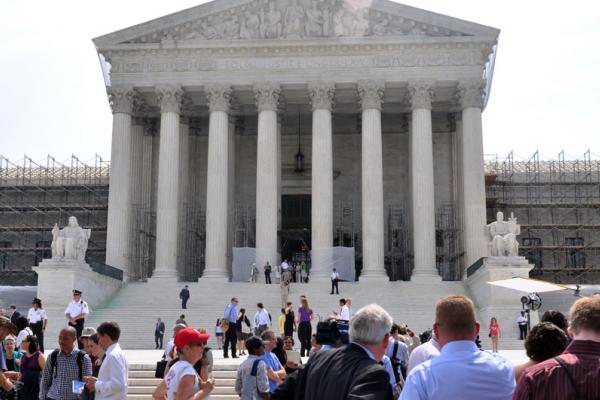The recent ruling by the U.S. Supreme Court should put to rest any notion of North Carolina trying to enact an Arizona- or Alabama-style immigration bill. While we remain concerned that the ruling could leave the door open for legalized racial profiling, the Court has made clear that immigration policy and enforcement should be left up to the federal government.
States and localities are rightly turning away from these laws as divisive, costly, and ineffective. Instead, they’re looking for common-sense approaches that uphold our nation’s values and move us forward together. That means national immigration policy reform that creates accountability and a pathway to citizenship. It means laws that promote public safety and uphold due process and equal justice. And it means integrating new Americans into our economic engine and social fabric, including through English-language learning. Increasing numbers of states are rejecting divisive laws, and voters are rejecting politicians that promote them.
Read the Full Article

